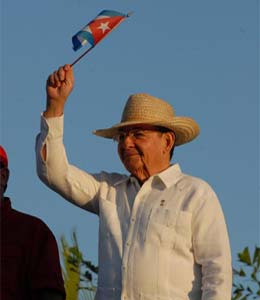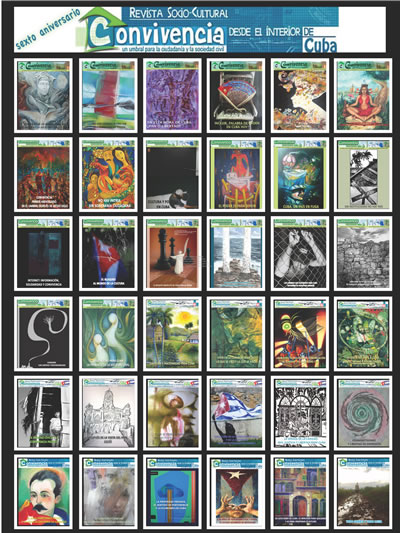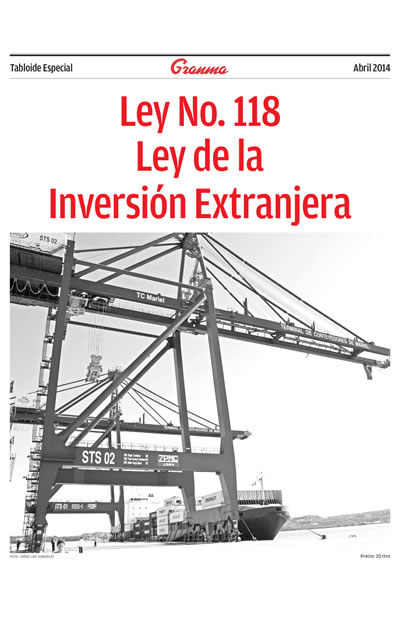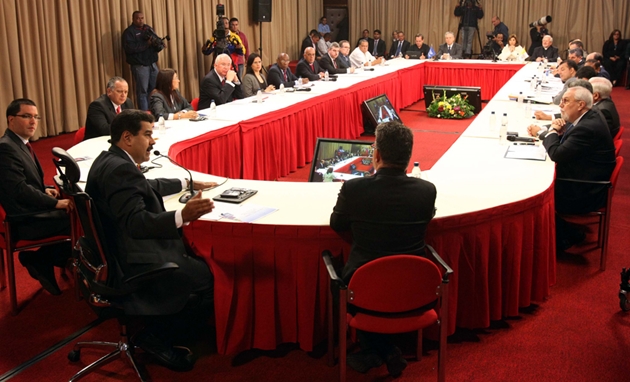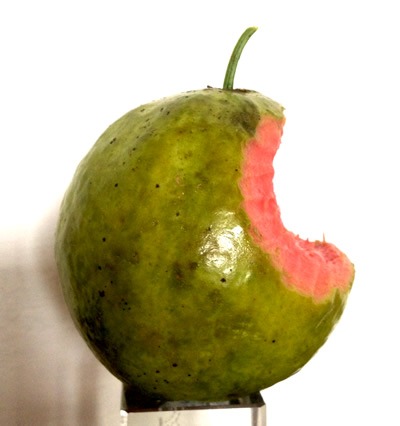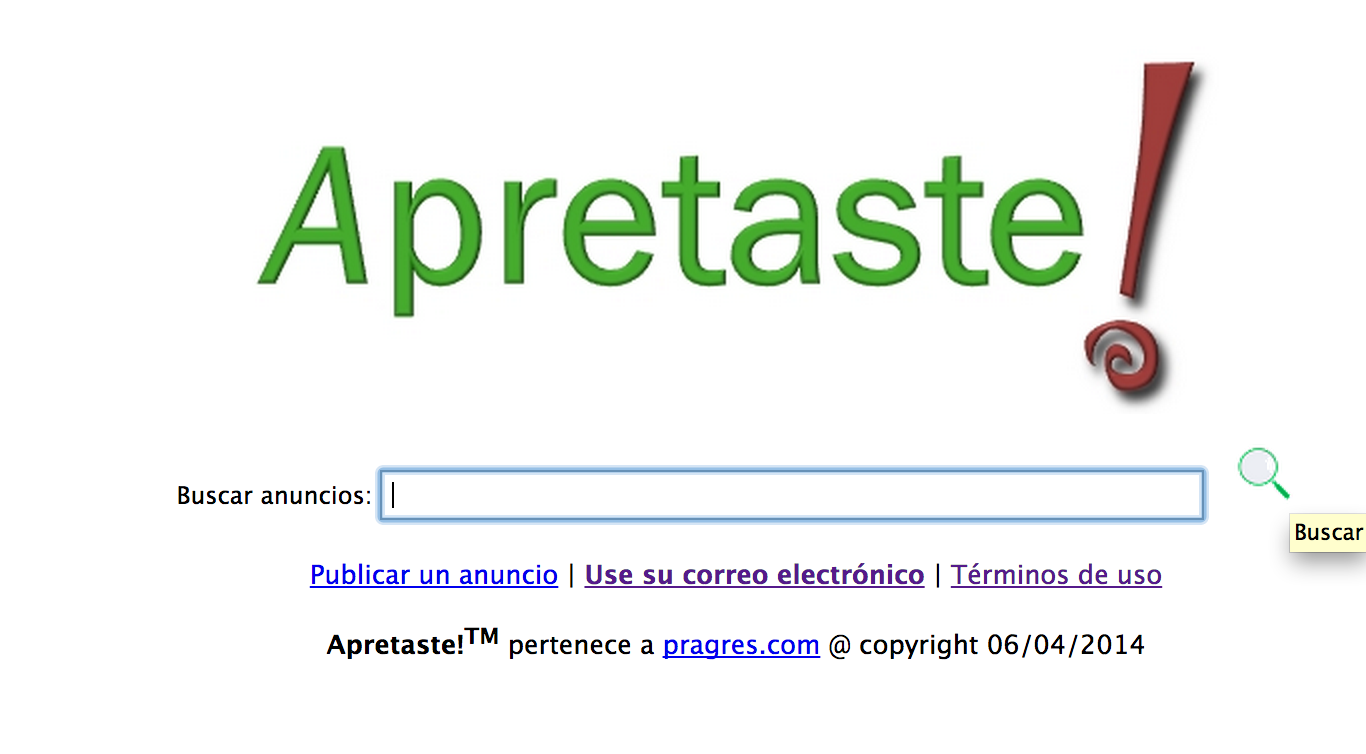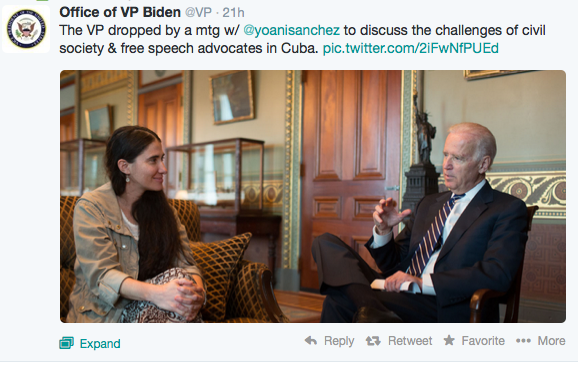
One, two, three and start your computers. The sounds of the microprocessor fans will be heard all night. When the sun comes up the ashtrays will be overflowing, the coffee cups empty, and there will be a winner. They are the Cuban gamers, passionate about video games and engaged in their own tournaments.
For years Leo has been number one in his neighborhood on the Dota 2 game. Developed by Valve Corporation, this pastime mixes strategy, the appeal of role-play, and personalized maps. A rush of adrenaline keeps many of the Island’s young hooked on the screen. First they train with several friends to reach a level where they can compete against higher-ranked players. This is the case with Leo, who has already reached expert status.
“Most difficult is finding a local place with the facilities for each tournament,” this gamer says. Recently at Havana’s Maxim Rock movie theater they started a new national Dota 2 tournament, but its start was delayed for weeks in the absence of a place to develop the teams. Meanwhile, the obsession doesn’t stop. The alternative networks that connect computers–both wired and wirelessly–allow the exercising of sight and mind for the big combat.
 Within a real Havana is hidden another that only the initiated can access. For these players, everyday reality is a place where they barely spend a few hours. In their cosmogony–made of kilobytes–they become heroes without concerns about the collapse of public transport or the scarcity of food on their plates. Their mission is to defend a fortress, guard the “ancestors,” and defeat the enemy forces. It doesn’t matter how long it takes, the game is the most important thing in their lives.
Within a real Havana is hidden another that only the initiated can access. For these players, everyday reality is a place where they barely spend a few hours. In their cosmogony–made of kilobytes–they become heroes without concerns about the collapse of public transport or the scarcity of food on their plates. Their mission is to defend a fortress, guard the “ancestors,” and defeat the enemy forces. It doesn’t matter how long it takes, the game is the most important thing in their lives.
Where Leo lives they have already formed a team of the best. They are five young men between 17 and 25. “I met some in high school,” but the others he found through an “intranet” they have in the building. After a few hours of watching them play, it seems they barely speak among themselves, there are only victory cries when someone manages to defeat the rival heroes and collect a considerable amount of gold.
“I prefer he be involved in this because the street is really bad and there are a lot of risks,” says the mother of Ivan Gonzalez, one of the members of this strange quintet. The president of their Committee for the Defense of the Revolution also looks favorably on this activity to which the young men devote so much time. He says, “As long as they’re playing these little games, at least they aren’t putting posters out there and getting involved with the gusanerías*,” and he reinforces it nodding his head.
At the level where Leo, Ivan and the rest play there are is still no betting with real money, but if they reach the “professional leagues” there will be. “I need more RAM memory on the machine, it’s not enough now,” says Frank, another member of the gamer group. Each one has a computer, assembled from parts which are obtained in the informal market or brought in by some relative from abroad. The quality of the technology greatly determines how far they can progress in the big leagues.
Living to play
Some of the self-employed detected a niche market in this passion for videogames. Along with 3D movies, throughout 2013 sites appeared to hold Dota 2 tournaments and other computer entertainments. When the government attacked the movie rooms, these places also fell into disfavor. A very few still operate illegally, but only for select and trusted clients.
Javier has one of these underground sites near Via Blanca and rents it by the hour. “I rent the whole space with ten machines so two teams can face off, and if they want some non-alcoholic drinks I have that on offer,” he explains, while showing an old garage adapted to the new function.
Each month he develops at least one tournament in the capital. Where it will be held travels mouth to mouth among the interested. The participants can enjoy raffles where they vie for allegorical posters, T-shirts and stickers. The so-called “lan-party”–pronounced lanpary–helps them share clicks and strategies among the youngest, and even with kids. The generational continuity of gaming is guaranteed.
Others offer data packets with updates and new configurations which are renewed each week. Among the best distributors of video games in the whole capital, Yampier is a standout. His list is made up of more than 1,700 titles and includes everything from the classics to the most current. Reliability, stability and discounts for regular customers are the key ideas written on the first page of his catalog.
Yampier is lucky because he works in a department of the Ministry of Communications and Information Technology where he can download anything from the Internet, with a bandwidth most Cubans can’t even dream of. “From time to time I also play, but no longer with the same passion as a few years ago,” says this young man, who is also one of the country’s leading developers of Android applications.
The meeting of the warriors
It’s Friday night at centrally located G Street. On a corner there’s a group of young people who great each other with fist bumps or just a touch of forearms. They speak little, just monosyllables, but they understand each other well. One mutters an address and selects a gang of players. Another, with pronounced dark circles, joins with the gamers remaining. There is only one girl in the whole group. “See you there,” is the last phrase heard before they disperse.
Around midnight the battle begins. Everyone is seated at a keyboard, short breaths become a chorus of clicks filling the room. Reality, sweat, the reproaches of their parents, are all left behind. They seem to shake off the apathy that accompanies them during the day and their eyes shine, some even crack a smile. They have already entered the country of their passions.
This night Leo has returned to be the captain of his team and direct their strategy. He has a ruthless style and “his troops” follow through the virtual map with respect and submission. About six hours later the victorious warrior shouts, “Ahhhhhh!” and the whole group joins in celebrating their triumph. When they hug they are sweaty, satisfied, like soldiers in an army who have won a historic, definitive battle.
It’s time to return to reality. The exhausted gamers return to their homes on foot or try to catch the bus, sleepy eyes half-closed. When they get to their respective houses they go straight to the refrigerator to put something in their stomachs, and then fall into bed. When then sun sets again they’re already ready for the next game.
*Translator’s note: In current American English this would probably translate as “the worm community” — “gusano,” or worm, being the favored epithet for anti-government types.
Yoani Sanchez, 14 April 2014


